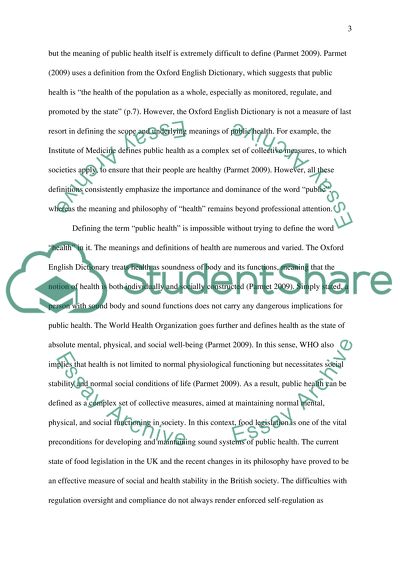Cite this document
(“Food Legislation is an effective way to protect Public Health Discuss Essay”, n.d.)
Retrieved from https://studentshare.org/environmental-studies/1405614-tfood-legislation-is-an-effective-way-to-protect
Retrieved from https://studentshare.org/environmental-studies/1405614-tfood-legislation-is-an-effective-way-to-protect
(Food Legislation Is an Effective Way to Protect Public Health Discuss Essay)
https://studentshare.org/environmental-studies/1405614-tfood-legislation-is-an-effective-way-to-protect.
https://studentshare.org/environmental-studies/1405614-tfood-legislation-is-an-effective-way-to-protect.
“Food Legislation Is an Effective Way to Protect Public Health Discuss Essay”, n.d. https://studentshare.org/environmental-studies/1405614-tfood-legislation-is-an-effective-way-to-protect.


